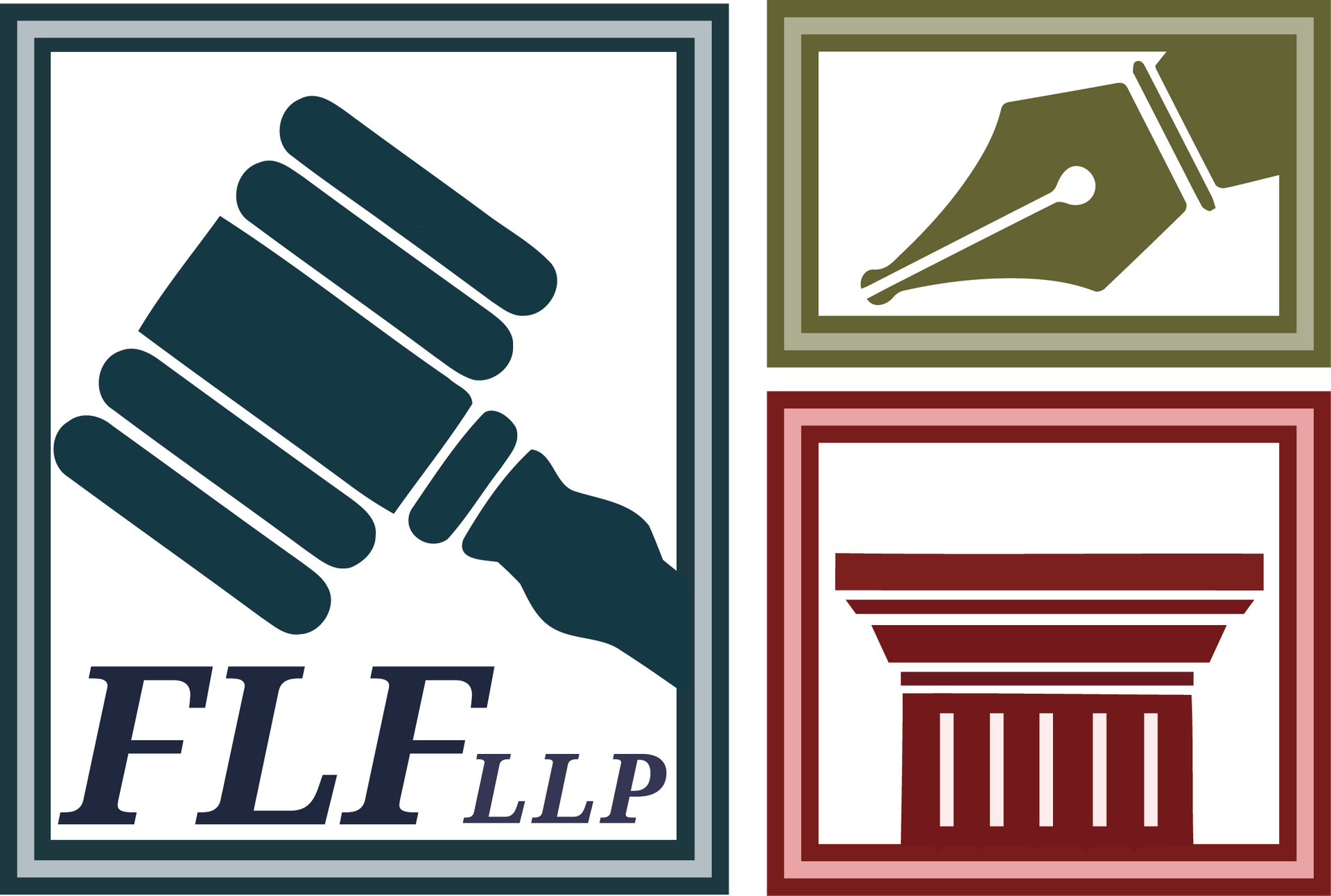Common Terms
Advance Health Care Directive: A legal document that specifies a person's wishes regarding medical treatment in the event they become incapacitated.
Asset Protection Trust: A trust designed to protect assets from creditors or legal judgments.
Beneficiary: A person or entity designated to receive assets or benefits from a will, trust, or insurance policy.
Blended Family: A family unit composed of a couple and their children from previous relationships.
Codicil: A legal document used to make amendments or additions to an existing will.
Community Property: Property acquired by a married couple during their marriage, typically subject to equal division upon divorce or death.
Conservatorship: Legal proceedings to appoint a guardian or protector for an individual unable to make decisions for themselves.
Decedent: A person who has died.
Digital Estate: Online accounts, digital assets, and electronic communications that comprise a person's digital footprint after death.
Durable Power of Attorney: A legal document that appoints someone to make financial or legal decisions on behalf of another person, which remains valid even if the person becomes incapacitated.
Estate: All of a person's assets, including property, investments, and personal belongings, at the time of their death.
Estate Planning: The process of arranging for the management and disposal of one's estate during their lifetime and after death.
Estate Tax: A tax imposed on the transfer of a person's estate upon their death, if the estate's value exceeds a certain threshold.
Executor: A person appointed in a will to carry out the wishes of the deceased, including managing the estate and distributing assets.
Fiduciary: A person or institution legally entrusted to act in the best interest of another party, such as an executor, trustee, or guardian.
Generation-Skipping Transfer Tax (GSTT): A tax imposed on gifts or bequests to individuals who are two or more generations below the donor, aimed at preventing wealthy individuals from avoiding estate taxes.
Gift Tax: A tax imposed on the transfer of property or assets by one person to another while receiving nothing, or less than full value, in return.
Guardian: A person legally appointed to make decisions for and take care of a minor child or an incapacitated adult.
Guardian ad Litem: A person appointed by the court to represent the interests of a minor or legally incompetent person in legal proceedings.
Health Care Proxy: A legal document that appoints someone to make medical decisions on behalf of another person if they are unable to do so themselves.
Heir: A person who inherits property, assets, or titles from someone who has died.
Inheritance Tax: A tax imposed on the transfer of assets or property inherited by a beneficiary.
Intestate: Dying without a valid will, leading to the distribution of assets according to state laws. Irrevocable Trust: A type of trust that cannot be modified or terminated without the consent of the beneficiaries.
Joint Tenancy: A form of property ownership where two or more people own equal shares of the property, with rights of survivorship.
Letter of Instruction: A non-legal document that provides guidance to the executor or beneficiaries regarding the deceased's wishes for funeral arrangements, asset distribution, and other matters.
Living Trust: A legal arrangement where a person's assets are transferred to a trustee during their lifetime, to be managed for the benefit of the trust's beneficiaries.
Living Will: A legal document that outlines a person's preferences for medical treatment in the event they become incapacitated and unable to communicate their wishes.
Marital Deduction: A provision in tax law that allows an individual to transfer assets to their spouse without incurring gift or estate taxes.
Per Stirpes: A method of distributing an estate where the share of a deceased beneficiary is divided equally among their descendants.
Personal Representative: A person appointed to handle the estate administration process, including probate, if necessary.
Pet Trust: A legal arrangement that provides for the care and maintenance of a pet after the owner's death.
Power of Appointment: Authority granted to a person to designate who will receive certain property or assets.
Power of Attorney: A legal document that grants authority to another person to act on one's behalf in legal, financial, or medical matters.
Probate: The legal process of validating a will, paying debts, and distributing assets of a deceased person's estate under court supervision.
Residuary Estate: The remaining assets of an estate after specific gifts have been distributed and debts and taxes have been paid.
Revocable Trust: A trust that can be modified or terminated by the grantor during their lifetime.
Special Needs Trust: A trust designed to provide for the needs of a beneficiary with disabilities without disqualifying them from receiving government benefits.
Spendthrift Trust: A trust that restricts a beneficiary from accessing the trust funds directly and protects the assets from creditors.
Successor Trustee: A person or institution designated to take over the duties of a trustee if the original trustee is unable or unwilling to fulfill their responsibilities.
Testator: A person who has made a valid will.
Trust: A legal arrangement where assets are held by a trustee for the benefit of one or more beneficiaries.
Trustee: A person or institution appointed to manage assets held in a trust and distribute them according to the trust's terms.
Uniform Transfers to Minors Act (UTMA): Legislation that allows adults to transfer assets to a minor without the need for a formal trust, with a custodian managing the assets until the minor reaches adulthood.
Will: A legal document that specifies how a person's assets should be distributed after their death.
Contact Us
LICENSED IN THE STATE OF CALIFORNIA
Address
39899 Balentine Drive, Suite 315
Newark, CA 94560
Contact Us
We will get back to you as soon as possible.
Please try again later.
How can we assist you?

Quick Links
Practice
Contact
39899 Balentine Drive, Suite 315
Newark, CA 94560
Social
The use of this website does not create an attorney/client relationship. Information on this site does not constitute legal advice.
